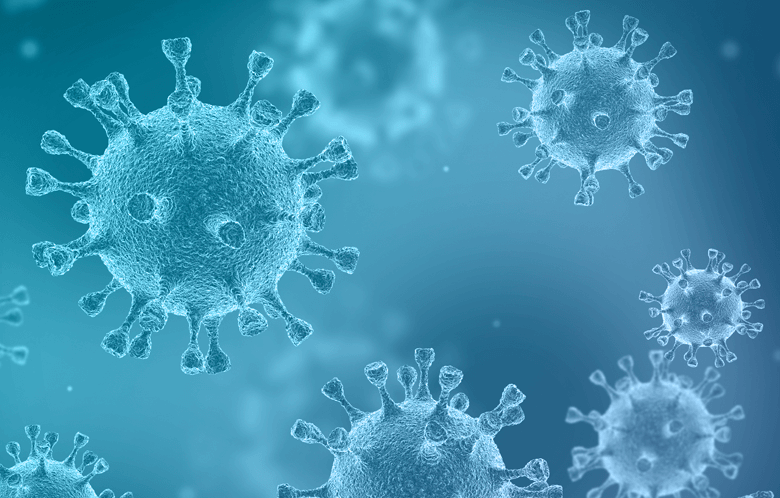What is post-acute COVID-19 syndrome (PACS)?
A significant proportion of patients who recovered from acute COVID-19 illness are now reporting post-acute COVID-19 syndrome, a lingering ailment also known as “long COVID” or “post-COVID syndrome”. Commonly referred to as “long-haulers” in the popular media, patients with post-acute COVID-19 syndrome generally experience COVID-like symptoms lasting weeks beyond acute COVID-19 illness.
What symptoms persist in patients with post-acute COVID-19 syndrome?
Common lingering symptoms include fatigue, joint pain, chest pain, palpitations, shortness of breath, as well as some neurologic and psychiatric manifestations including anxiety, headache, loss of taste or smell, and cognitive impairment (i.e. “brain fog”). These symptoms are vague and difficult to quantify, making unbiased study of this syndrome a challenge.
Post-acute COVID-19 syndrome should not be confused with post-intensive care syndrome, a condition some patients experience when recovering from severe COVID-19 or other life-threatening conditions in the ICU. Post-intensive care syndrome is a complication of extensive supportive care such as mechanical ventilation that leads to severe physical, cognitive, and psychological dysfunction requiring prolonged rehabilitation.
How common is post-acute COVID-19 syndrome?
Cohort studies have reported that up to 50 percent of hospitalized patients and one-third of outpatients experienced at least one persisting COVID-like symptom beyond their acute COVID-19 illness. Using a smartphone app-based registry to track COVID-19 symptoms longitudinally, the United Kingdom COVID Symptom Study found that only about ten percent of patients reported lingering symptoms. However, the app-based registry is likely to capture a higher number of patients with mild or asymptomatic COVID-19 than the other studies, which included only patients seeking medical care, potentially contributing to differences in estimated prevalence.
What is the cause of post-acute COVID-19 syndrome?
The cause of prolonged illness after acute COVID-19 is currently unknown. Potential mechanisms may include virus-induced or inflammatory tissue damage and/or ongoing immunologic response. This will be an important area of investigation going forward.
What is the treatment of post-acute COVID-19 syndrome?
Treatment of post-acute COVID-19 syndrome is largely empirical since there is little data to inform management at this time. It is not clear whether COVID-directed therapies may be effective, and patients may gradually recover with symptomatic treatment alone. Comorbidities should be managed accordingly, and referrals should be made to appropriate specialists such as respiratory, cardiology, or neurology for concerning or escalating manifestations.
Popular media have reported resolution of lingering post-acute COVID-19 symptoms in some people after receiving their COVID-19 vaccination, but it is unclear if vaccination will be effective against the syndrome in all patients.
With more than 136 million people having contracted COVID-19 to date, post-acute COVID-19 syndrome is likely to be a major issue over the coming year(s). Patient registries and longitudinal studies should start to provide insights into causes, risk factors, and therapies. The establishment of multidisciplinary post-COVID care centers will be needed to help patients to navigate beyond their acute care needs.



